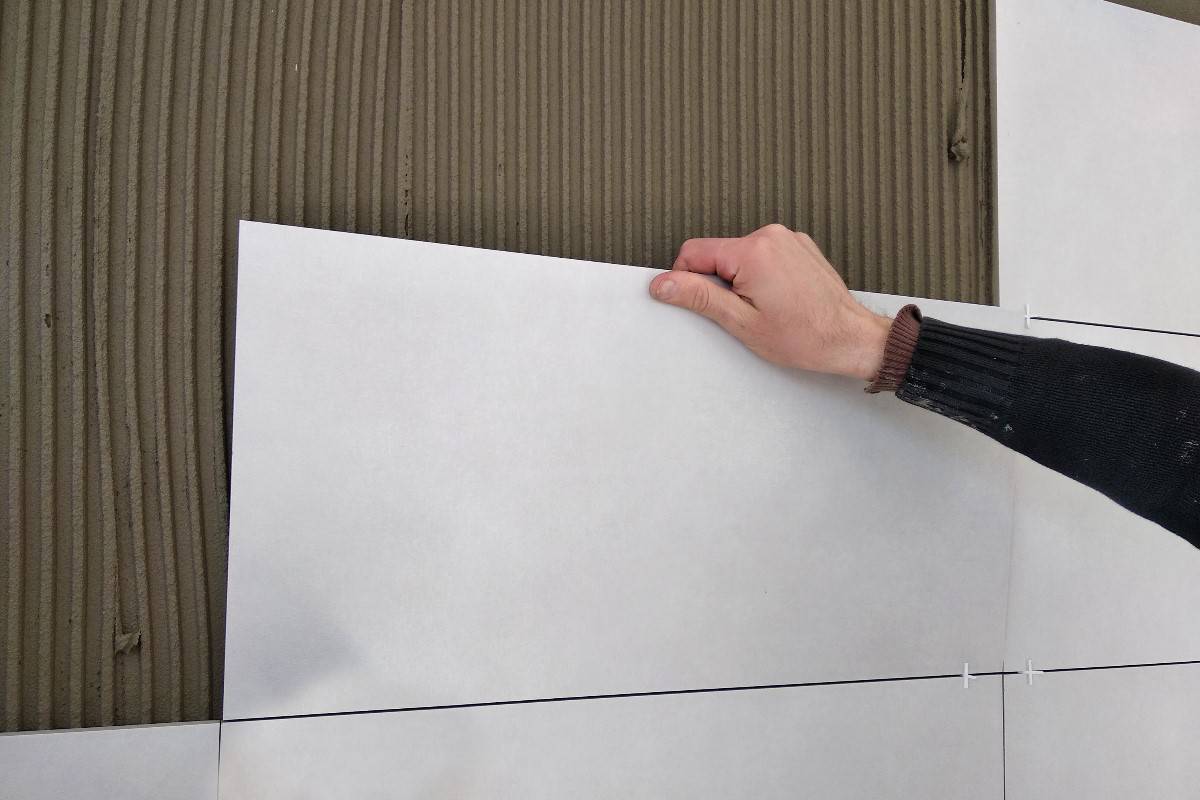
Many people decorating their apartment wonder what tiles will be best for both the bathroom and the kitchen or hallway. Often recommended by interior designers are ceramic tiles and gres tiles. What exactly is the difference between these two materials and which will be a better choice?
When looking for the perfect tiles for the outdoors, it is worth betting on stoneware, because it is frost resistant and very durable. Many people recommend porcelain stoneware tiles for finishing bathroom walls and floors, because they pass the test perfectly when in contact with water
Ceramic tiles have a higher absorbency and are not necessarily adapted to our climatic zone. However, it is worth getting to know both types of tiles, and then decide which will work better in your interior
When choosing tiles, we must be guided not only by aesthetics and their nice appearance, but above all by functionality. Many people put tiles not only on the floor, but also on the walls
However, remember that wall tiles are not suitable for finishing the floor, but you can hang floor tiles on the walls. This way you don’t have to worry about the size, shade or type of tiles being different from each other. Floor tiles are stronger and more resistant to damage. When choosing tiles for your bathroom, you should consider their absorbency level, abrasion class and whether they are slip-resistant
Many people when decorating their apartment decideto buy porcelain tiles. Their undoubted advantage is durability and the fact that they usually serve for many years. Certainly, an aspect that may make stoneware more popular than ceramic tiles is that it is more durable and water resistant. Also, if you are looking for tiles for your terrace, balcony or veranda, those made of stoneware will pass the test because they are frost resistant
>> See: Mosaic in the bathroom – how to choose and match it?
Stoneware is a material that works well in colder and wetter climate zones. Ceramic tiles are rather popular in very warm and dry countries. Porcelain stoneware tiles usually have quite a large surface area, so they are ideal for the floor in a bathroom, kitchen or hallway. These are rooms where tiles are likely to come into frequent contact with moisture, so it is worth making sure that the material is waterproof
Sometimes a great choice will be buying special anti-slip tiles, they will prove to be excellent, especially outside the building. Thanks to them we can avoid a painful fall, when in winter the tiles are covered with a layer of ice
Manufacturers of tiles in the characteristics of stoneware emphasize its low water absorption. This is definitely a big plus that makes stoneware tiles easier to clean and not prone to discoloration. Also important is the hardness of the tiles, which are resistant to scratches and damage
This is evidenced by the fact that if we want to drill through a porcelain stoneware tile, for example in order to hang a hanger or a shelf on it, we need to use specialized equipment, which will make such an operation possible. Thanks to that, we can be sure that our floor will not be cracked when a heavy object falls down or when other unfortunate accidents happen
Ceramic tiles are an interesting solution, but it is not a material that will work in every room. A characteristic feature of ceramic tiles is their low degree of compression, which is associated with their high porosity
This way, moisture has a very easy way to get inside the tile. Therefore, it is not a good solution for finishing bathrooms and for use on terraces or balconies. A big advantage of ceramic tiles is that they are easy to install. As a result, specialized tile cutting equipment is not necessary for renovations. Another plus is the economic aspect, ceramic tiles are usually cheaper than stoneware